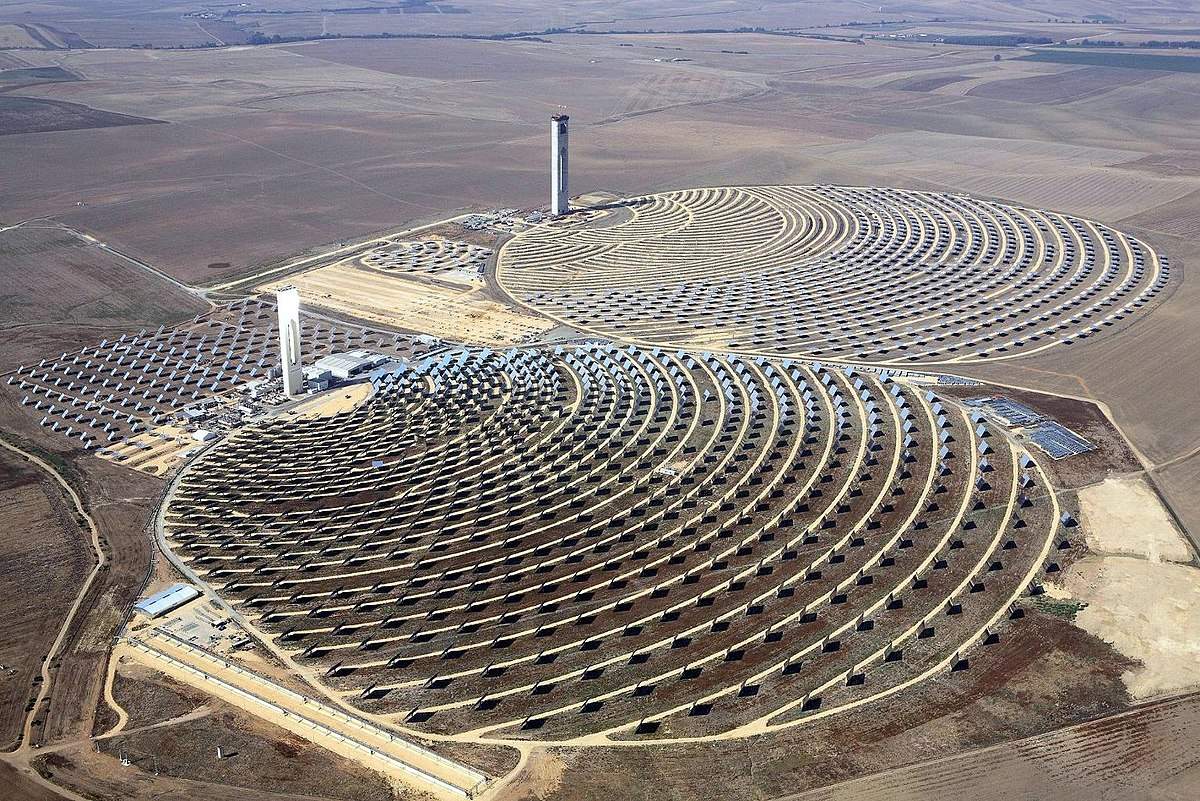The Iberian power market is witnessing a change in market dynamics. The emergence of merchant projects, wherein there is no regulated income, represents one of the drivers for the solar photovoltaic (PV) market in the Iberian nations, Spain and Portugal.
Spain, the largest country on the Iberian Peninsula, implemented a moratorium on clean energy auctions in 2012. This was done in order to eliminate the gap between the selling price and the generation cost, which had built up a debt of $28.6bn over 13 years in the country. The debt was driven by the subsidies given by the government through feed-in-tariffs (FiTs). Electricity generators were traditionally compensated with FiTs, which were well above the market electricity price, so there was no concern about project financing. In order to avoid a possible loss of competitiveness, power purchasers were reluctant to fix the price for their electricity consumption in the long term. Also, the market players considered the creditworthiness of the electricity system much higher than the prices offered by private purchasers.
Then, with solar energy becoming cheaper in the country, the industry started witnessing a shift from a subsidised market to an unsubsidised market. Adherence to the Paris Agreement (COP21) and the liberalisation of electricity supply in the Spanish power market has led to a boom in the signing of power purchase agreements (PPAs). In order to combat global warming as per the Paris Agreement, governments across the world started or renewed their interest in renewable energy. Since then, Spain has restarted auctioning renewable energy projects.
Project developers who have failed to secure capacity in the auctions have started scouting for alternative mechanisms to set up projects. A merchant PPA is one such mechanism that is evolving in the renewable energy market in the country. The only applicable regulatory requirement for such PPAs is that the electricity generator and the end user must be market participants and declare the existence of their direct energy transactions to the system and market operators.
The shift toward an unsubsidised market is making the role of merchant PPAs more attractive for market participants. By signing PPAs, end users buy electricity directly from the energy generators rather than the electric utilities. This offtake guarantee helps generators to develop bankable projects when subsidies are not available. PPAs allow corporates to purchase power at a fixed price which acts as a hedging instrument against the volatility of electricity prices. This increasing interest in corporate PPAs is part of Spain’s shift toward being a fully merchant market.
In December 2017, the Foresight Group announced the first PPA in the Spanish solar PV market. A 3.9 megawatt (MW) plant, being developed in the municipality of Las Torres de Cotillas, Murcia, entered into a 10-year PPA with Energya-VM. Subsequent to this, many companies started focusing on the unsubsidised solar PV plants planned in Spain.

US Tariffs are shifting - will you react or anticipate?
Don’t let policy changes catch you off guard. Stay proactive with real-time data and expert analysis.
By GlobalDataIn April 2018, Norwegian utility Statkraft signed a 15-year PPA to buy electricity from an unsubsidized 170MW solar plant to be developed by BayWa Renewable Energy in Spain. Statkraft plans to supply the electricity to commercial users and also through the wholesale market, where other traders can purchase it from Spain’s power exchange.
Another company, Cox Energy Solar S.A., has signed a long-term PPA with energy trader Audax Energia S.A. The PPA covers a total 660 megawatt peak (MWp) of installed power from the solar PV facilities of Cox Energy, to be developed in various areas of Spain (495 MW) and Portugal (165 MW).
A similar trend is being witnessed in Portugal, another country on the Iberian Peninsula. In 2017, the country announced a new solar plan, Plano Nacional Solar, to identify utility-scale solar projects and create a remuneration scheme based on market prices. It may create a regulatory framework for large-scale solar projects that will sell power at market price to the local grid in grid-parity mode; no incentives like FITs or regulated tariffs by auctions will be granted.
The Portuguese Directorate General for Energy and Geology (DGEG) has approved 756MW of unsubsidised solar projects. These projects will sell power on the spot market or tie up the power with private PPAs. One such project is the 28.8MW plant being developed by Hyperion in Evora. Axpo Energy (Axpo) has agreed to buy electricity for ten years from this plant. The company will buy this electricity and then will act as a selling agent in the MIBEL (Iberian Electricity Market). As well as this agreement, Axpo is already in negotiations for new PPA agreements with other solar plants in Portugal.
The largest unsubsidised solar PV plant in Europe, the 221MW Solara 4 Vaqueiros Solar PV Park, is being planned in Portugal. The plant, being developed by WElink Energy, is currently in the construction phase. Meanwhile, the Foresight Group has announced plans to acquire an unsubsidised solar portfolio in Italy, Portugal, and Spain. As part of this, the company has acquired the 7.2MW Vale Matancas solar PV plant in Portugal. Currently the plant is in the construction phase.
With companies investing in the unsubsidised market and developers ready to sell power on the spot market, the Portuguese solar PV market is witnessing a dramatic shift from a FiT-driven market to a PPA-buoyed market.
As the subsidy market driven by FiTs had previously resulted in huge debt for both countries on the Iberian Peninsula, the market players have realised that in order to hedge against market volatility and to secure project financing, the merchant PPA is a viable option for the growth of the sector.




